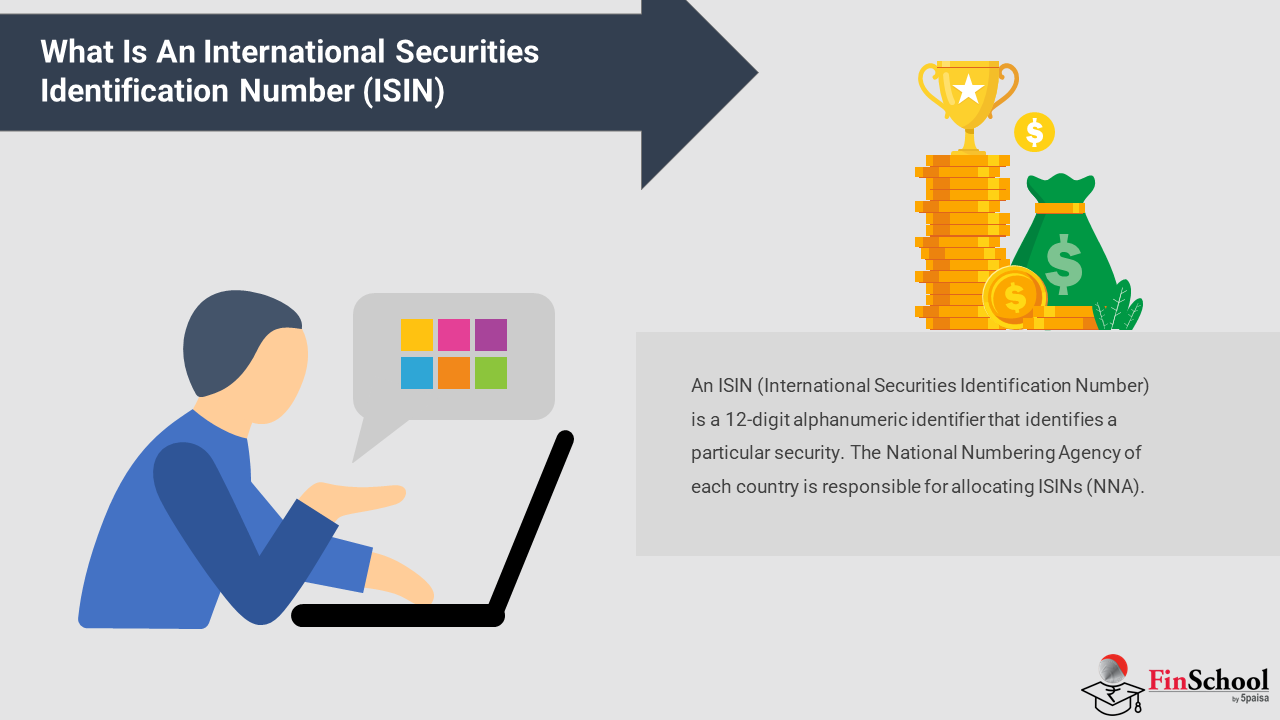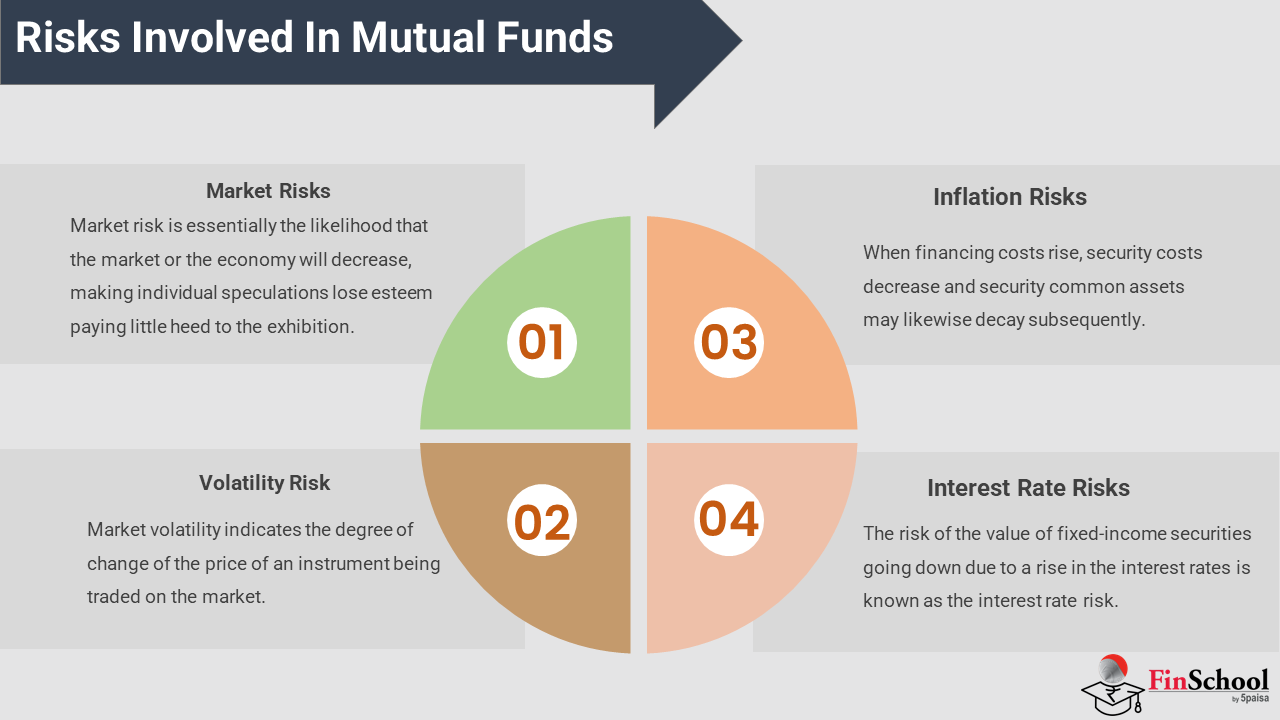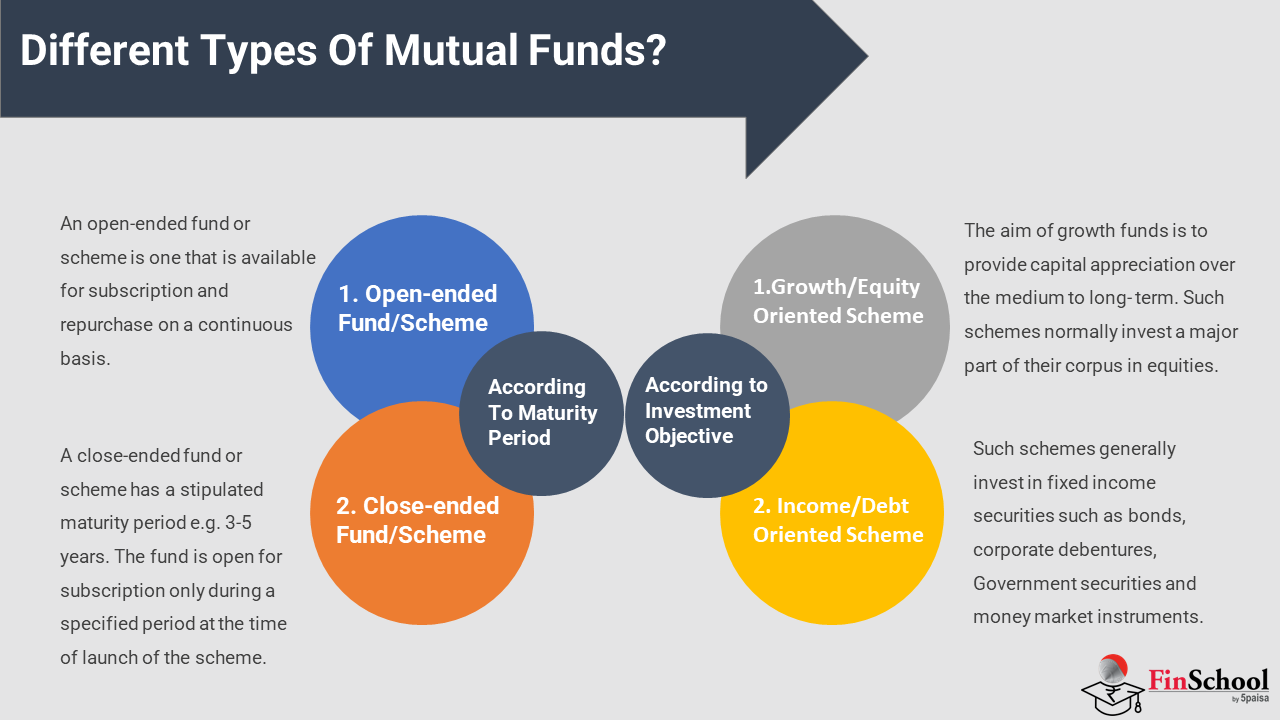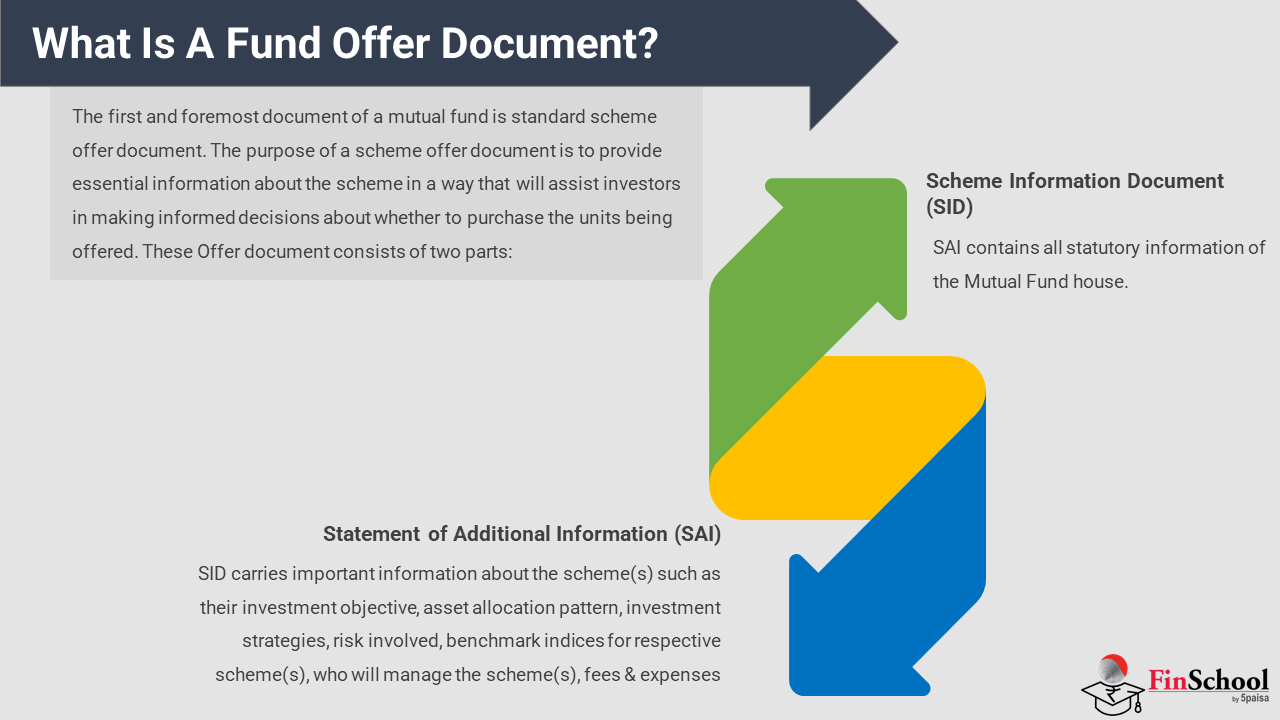- Study
- Slides
- Videos
2.1 Stock Market Timings in India
The share market timing in India starts at around 9.15 am and ends at 3.30 pm. The trading sessions in Indian Share market is further divided into the following sessions: –
Pre-opening timings-
The first section of three timings, starts between 9.00 am to 9.15 am. This is the period when the investors place orders to buy or sell bonds, stocks and other securities. These timings are further divided in to three parts
- 00 a.m.- 9.08 a.m.
The Indian stock market accepts orders for all trade types during this period. When trading begins, the orders entered first are fulfilled before any others. Investors can make any necessary adjustments to their requests within this 8-minute window before the pre-opening session officially begins when no further orders can be placed.
- 08 a.m. – 9.12 a.m.
This segment of Indian share market timing is responsible for price determination of security. Price matching order is done by corresponding demand and supply prices to ensure accurate transactions among investors who want to purchase or sell a security, respectively. To facilitate fair transactions between buyers and sellers of a security, the demand and supply prices of that security are matched in descending order. The Indian stock market uses a multilateral order matching technique to determine the final prices at which trading will begin at regular market hours.
- 12 a.m. – 9.15 a.m.
This time acts as a transition period between pre opening and normal Indian share market timing. No additional orders for transactions can be placed during this time. Also, existing bets already placed from 9.08 a.m. – 9.12 a.m. cannot be revoked as well. This time bridges the pre-opening and regular trading hours of the Indian stock market. During this period, no new transaction orders can be placed. Bets placed between 9.08 and 9.12 am are final and cannot be cancelled.
Normal Session
Also referred to as a continuous trading session, this market session lasts from 9:00 am to 3:30 pm. This is the normal share market trading time. During this market session, market participants can place and modify their orders according to their wishes. This is the period where the majority of trading activities occur. Here you can observe intraday traders executing their trades, hedgers placing orders to reduce risk exposures, etc. A bilateral order matching system matches the orders placed during this period. Unlike multilateral order matching systems, bilateral order matching systems are volatile. This results in volatile prices of securities. This inherent volatile nature of the normal market session makes trading in the stock market possible. The exchanges like BSE, NSE, etc., may curtail or extend the normal trading hours when deemed necessary. For instance, if the market is crashing rapidly, the exchange may reduce the normal trading session to limit losses.
The NSE, on February 24, 2021, suffered from technical difficulty, resulting in a four-hour-long disruption in trading. This resulted in the NSE trading time being extended beyond the normal trading timing to 5:00 pm.
Post-closing Session
Stock market closing time in India is marked at 3.30 p.m. No exchange takes place after this period. However, the determination of closing price is done during this time, which has a significant effect on the following day’s opening security price.
Stock market closing time in India can be divided into two sessions –
- 30 p.m. – 3.40 p.m.
This ten-minute time span is the period when the closing prices of each traded security are calculated. The average weighted methodology is used for ascertaining closing prices. After the closing prices of each security are calculated, the closing price of the benchmark and sectoral performance can be determined.
- 40 p.m. – 4 p.m.
Within these twenty minutes, market participants can place orders for the next day’s trade. The transaction is completed if the buyers and sellers can be matched. Orders placed during this post-session can be altered or cancelled during the 9:00 – 9:08 am pre-opening market session of the following trading day.
The overall stock market operating time in India can be demonstrated by the following table:
|
S. No. |
Name |
Time |
|
1. |
Pre-opening session |
9.00 a.m. – 9.15 a.m. |
|
2. |
Normal session |
9.15 a.m. – 3.30 p.m. |
|
3. |
Closing session |
3.30 p.m. – 4.00 p.m. |
Trade in the stock market can only be undertaken during a specific time interval in India. Retail customers have to perform such transactions through a brokerage agency between 9.15 a.m. to 3.30 p.m. on weekdays. Most investors undertake purchase/sale of securities listed on the major stock exchanges in India – Bombay stock exchange (BSE) and National Stock exchange (NSE). Indian stock market timings are the same for both these major stock exchanges.
2.2 Understanding Forex Market Hours
Currencies of multiple nations are traded in the foreign exchange (forex) market. The forex market is tradable 24/5 in India. Although currency trading time in India is open 24 hours a day, liquidity fluctuates depending on the time. The currency trading time can be categorized into three major sessions:
- The Asian market session: 05:30 am– 11:30 am
- The European market session: 01:00 pm – 10:00 pm
- The North American market session: 07:00 pm – 01:30 am
Since the forex market remains open 24 hours a day across multiple time zones, Indian market participants can transact at any moment as long as the market is open
Only the following 7 major currencies are traded 24×7:
- U.S. Dollar
- Euro
- Japanese Yen
- British Pound
- Australian Dollar
- Canadian Dollar
- New Zealand Dollar
2.3 Muhurat Trading
A muhurat is an auspicious or promising time as per the Hindu calendar. In India, the time and date for doing any fortunate work whether it’s a marriage, naming ceremony, or anything, is set based on the ‘muhurat’. The muhurat can basically be understood as a ‘lucky time’ to do any activity. Hence, the trading which is done during the one hour time that is considered lucky for investing in shares on the day of Diwali is known as Muhurat Trading. Every year, the time of Muhurat Trading is specified by the stock exchanges. As this time duration is deemed to be lucky, there is a belief that people investing during these peak hours have greater chances of earning money and wealth through investing. This muhurat is generally at the time of the Lakshmi Pooja; hence people buy shares as a token of Goddess Lakshmi, who is the Hindu goddess of wealth.
a. When did Muhurat Trading start?
Traditionally, stockbrokers used to commence their new year from the auspicious day of Diwali. Thus, they would open new accounts for the settlement for their clients on the festival of Diwali during “the Muhurat”. The Chopda Pooja was also performed by the community of brokers, where the businessmen used to worship their books of accounts during the Diwali pooja. There were numerous notions that were linked with the ritual of Muhurat Trading. The primary thing about Muhurat Trading was that most of the Marwari traders/investors used to sell stocks during the muhurat time since they believed that money should not enter into the home on the occasion of Diwali, whereas Gujarati traders/investors bought shares during this period. While there is no data to back this, in modern times, this doesn’t exist.
b. What actually happens in Muhurat Trading?
Both NSE (National Stock Exchange) and BSE (Bombay Stock Exchange) permit trading for a limited time on the occasion of Diwali. Generally, the period of Muhurat Trading is divided into the following parts:
- Block Deal Session- In this first session of Muhurat Trading, two parties decide to buy and sell a security at a fixed price, after which they inform the stock exchange about it.
- Pre-Open Session- In this session of Muhurat Trading, the stock exchanges specify the equilibrium price. This usually lasts for about eight minutes.
- Normal Market Session – It is a one-hour session during which most of the trading takes place.
- Call Auction Session – In this session, the trading of illiquid securities is done. If the security satisfies the criteria set by the exchange, then it is termed as illiquid.
- Closing Session – It is the final session of the evening where traders or investors can place a market order at the closing price.
- Things to be kept in mind before Muhurat Trading
Muhurat Trading is considered very beneficial at the investors’ end. However, there are some aspects that should be considered before indulging into such trading systems. These are listed below:
- As mentioned earlier, this period of the festive season is considered to be promising to make investments by most of the traders and investors.
- At the end of the trading session, all the open positions will result in settlement obligations.
- While the session of Muhurat Trading will be done onThursday (November 4, 2021), the markets will be closing on Friday (November 5, 2021), on account of Diwali Balipratipada.
- A close eye must be kept by the traders on the resistance and support levels. It has been observed that during the Muhurat Trading session, the markets can be unstable with no particular direction. Therefore, as a day trader, keeping the resistance and support levels as the main basis of your trading judgments will help you to make better trading decisions.
- Another thing to be taken care of is that the Investors must assure that they stick with the fundamentals of a company before they invest in its stock for the long-term. The session of Muhurat Trading is typically filled with a lot of enthusiasm, and rumors can spread fast.
- If you are seeking to get benefited from the volatility, you must ensure that you select stocks that are of good trading volumes as the trading window is only for one hour.
- Investing during this period does not guarantee returns at all. Even if the stock is performing well during the period of Diwali, its performance in the future will depend only on its fundamentals and other macroeconomic factors. Therefore, smart investing could be the only way to save yourselves from any future losses.
c. Who could benefit from Muhurat Trading?
The ritual of Muhurat Trading is a popular practice in India. Hence, the trading volume during the auspicious times of Diwali are always high. Everyone jumps into Muhurat Trading with the hope of getting benefit out of it in the future. Also, the market is usually bullish since the festive spirit based on prosperity and wealth pushes people to be positive about the stock markets and the economy. Hence, it is a decent time for both investors as well as traders, both existing or experienced and the new in the game, to benefit from the Muhurat Trading session. India is loaded with people who are superstitious and always consider the muhurat before indulging into any new activity or work. For them, the auspicious occasion of Diwali could be a good time to indulge into trading and the stock market. The long runners of the trading world or we could say the experienced day traders can profit from this session of Muhurat Trading since most investors or traders will buy and/or sell stocks just as a gesture to concede the auspiciousness of the day of Diwali Pooja.















